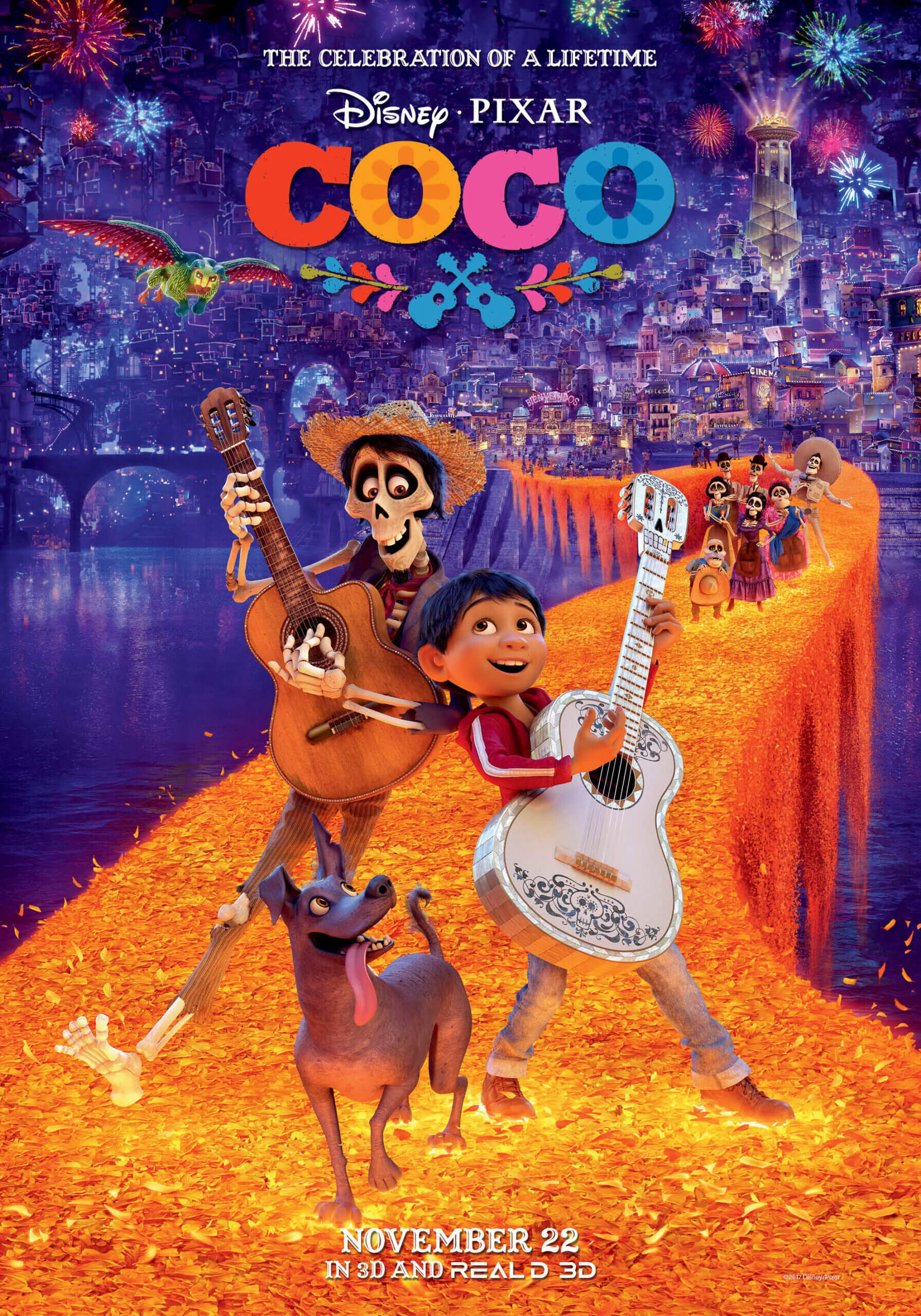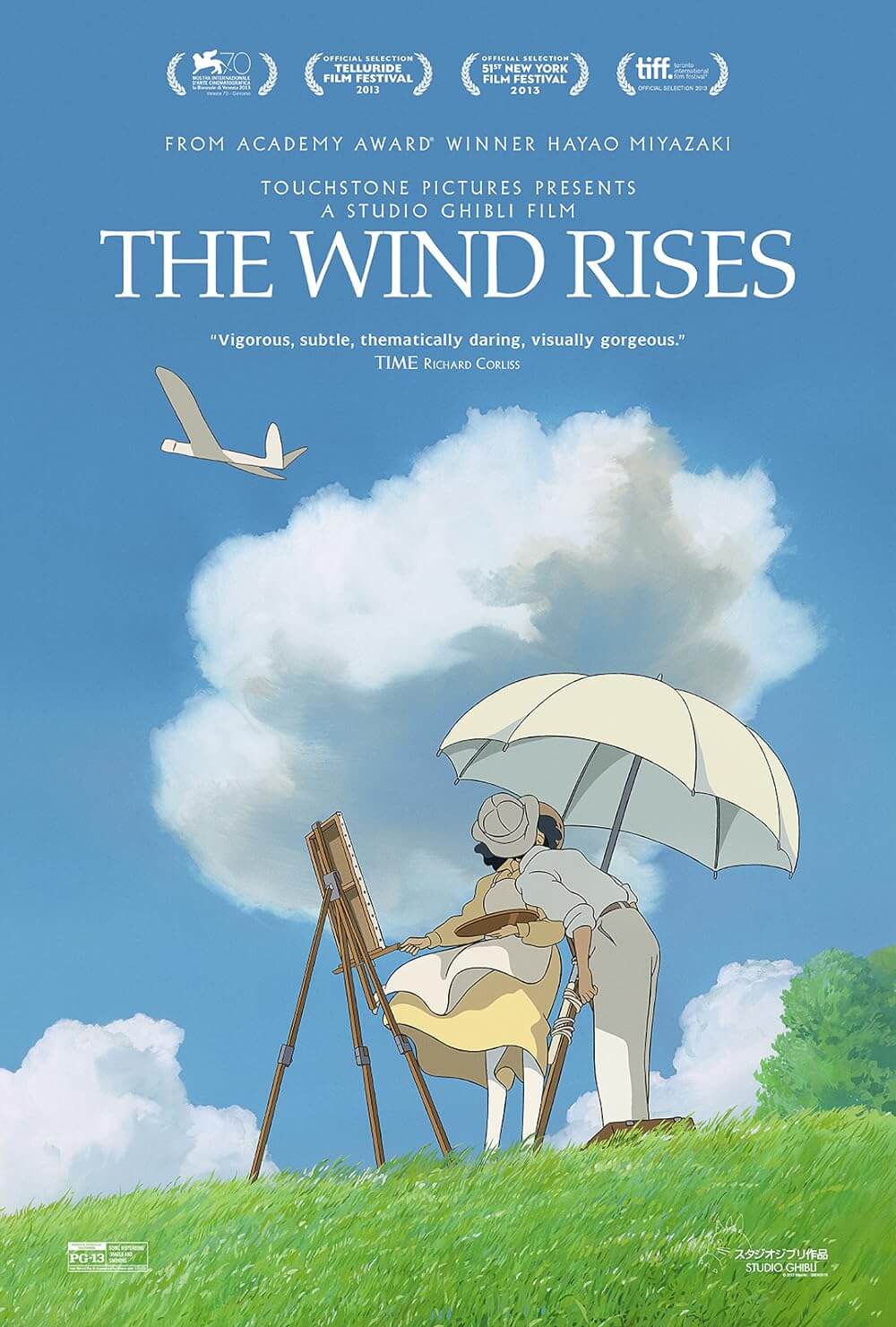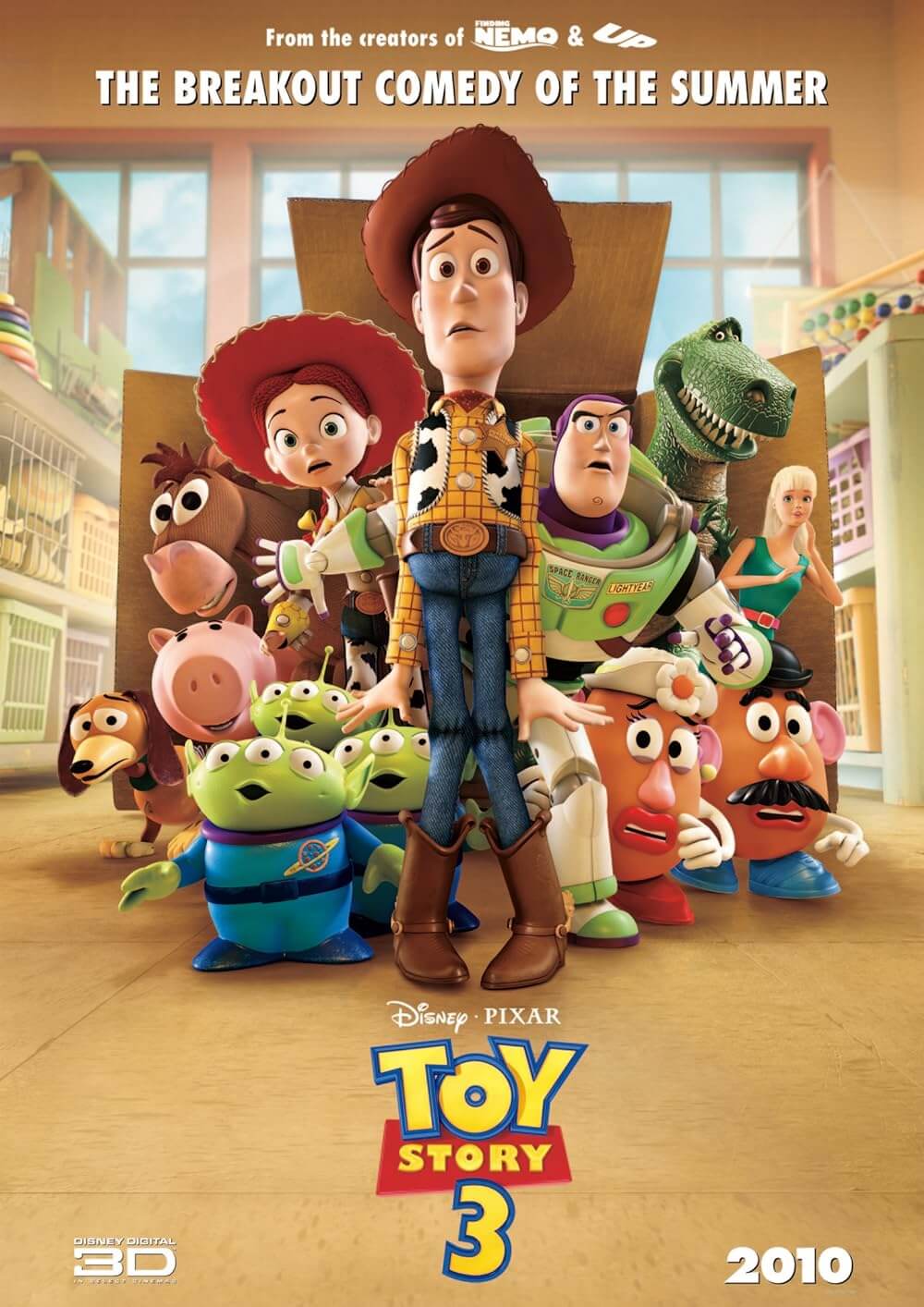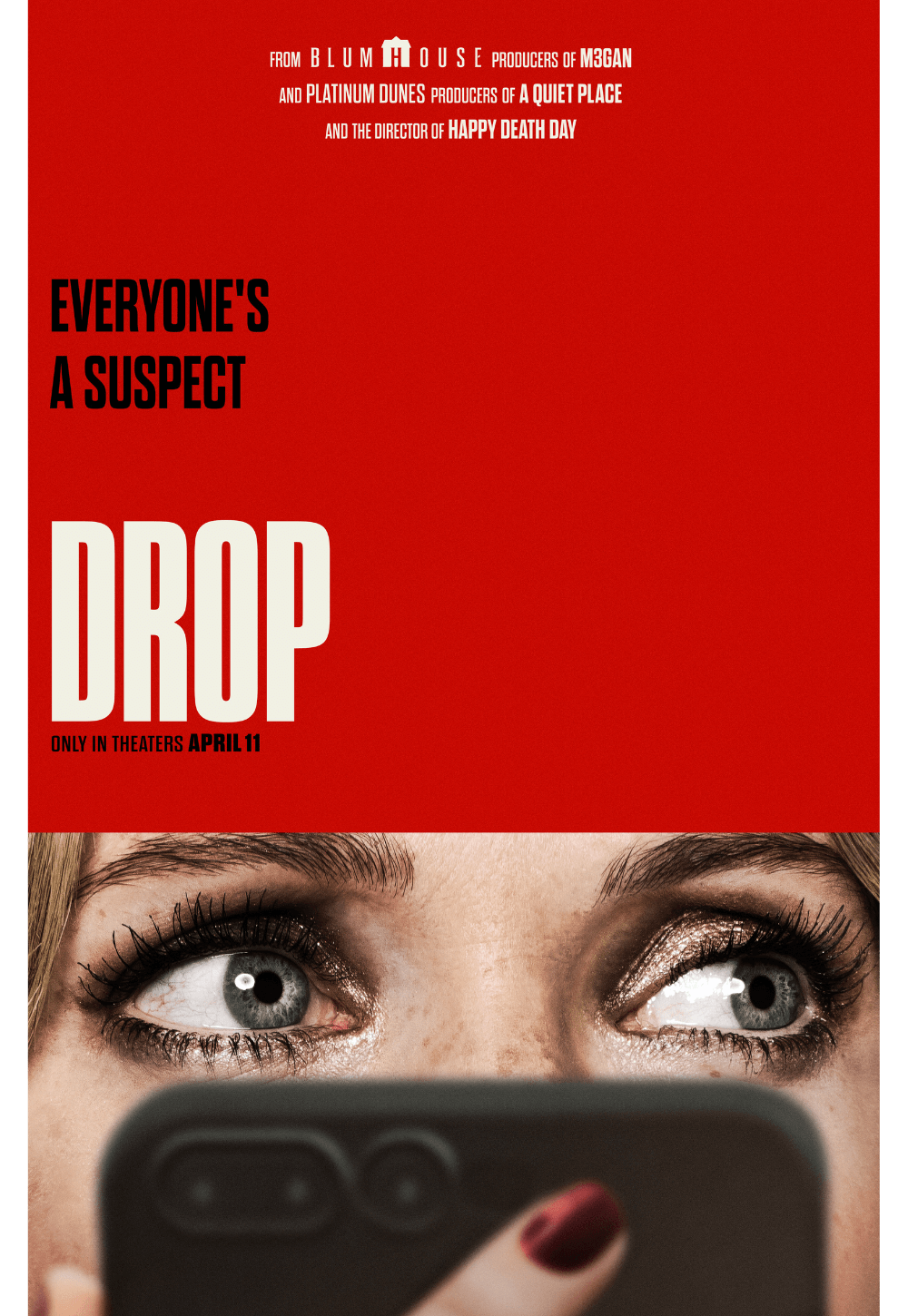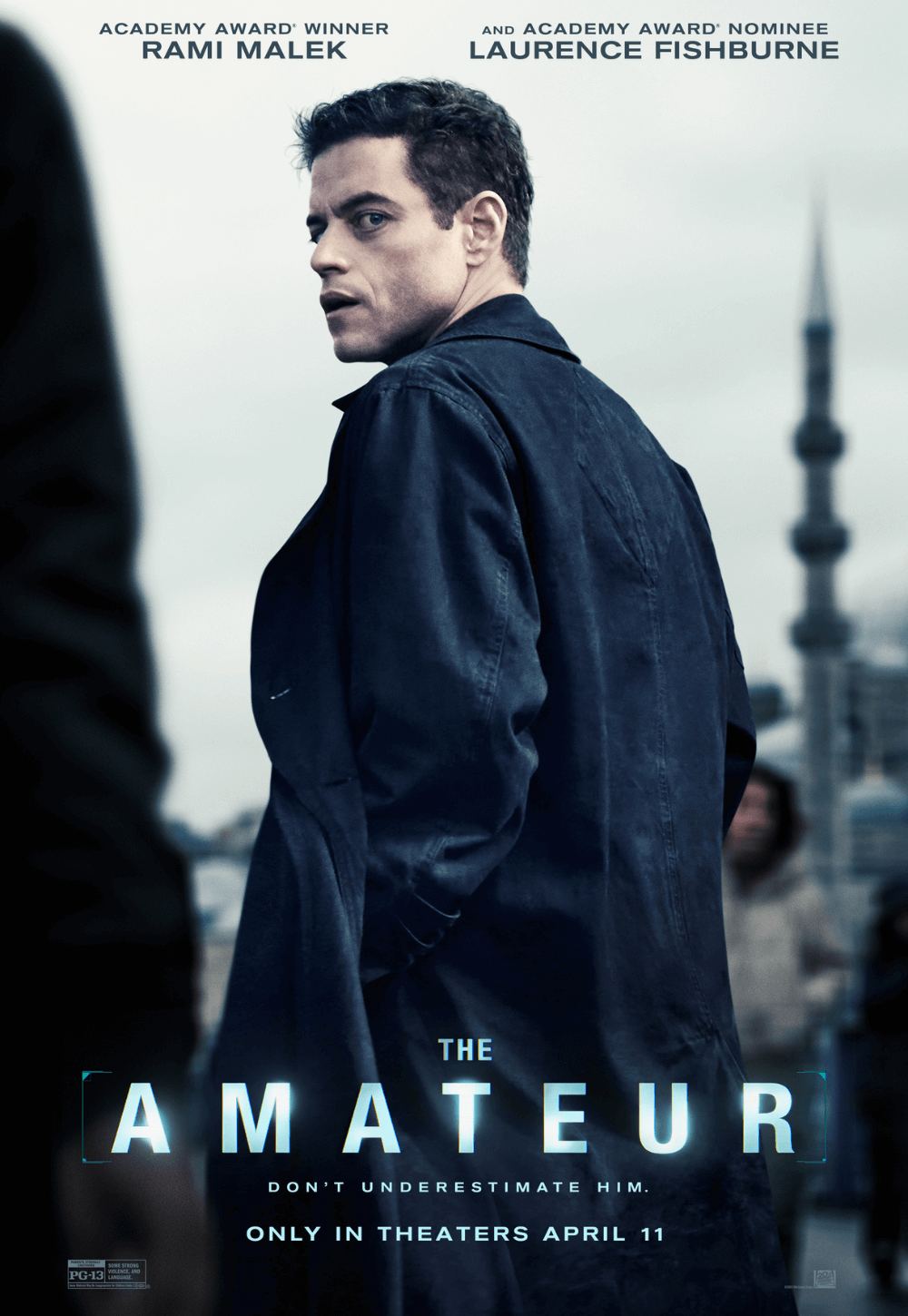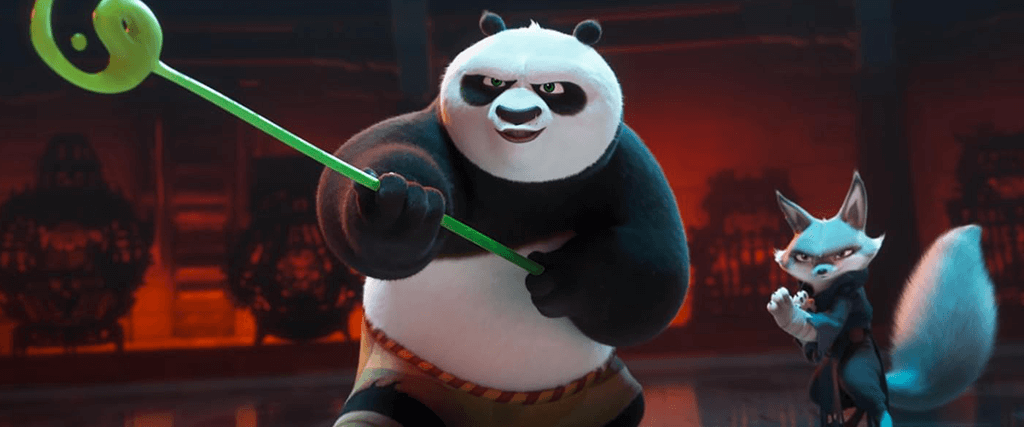
Kung Fu Panda 4
By Brian Eggert |
DreamWorks Animation continues to milk the Kung Fu Panda franchise for every cent, delivering the fourth entry over eight years after Kung Fu Panda 3. This joins the four short films, a holiday special, and three animated series that have filled the gaps between features. Although the story had petered out before the last installment, the opportunity cost of not making another sequel measures in the hundreds of millions. But it’s difficult to complain with any conviction when the result continues to deliver its goofy sense of humor, skilled animation, and themes about nontraditional families and unlikely heroes. The colorful new sequel boasts some fun martial arts combat and physical humor. It’s ever reliant on a juxtaposition between the rotund Po, voiced by Jack Black, and his nimble martial artistry, which remains an entertaining incongruity. The production’s visuals will keep your attention, and the story is effective enough to make you care. Still, it doesn’t feel like a vital addition to what came before, just another chapter of this episodic franchise.
In his latest adventure, Po’s status as “Dragon Warrior” is ending, according to his mentor, the red panda Master Shifu (Dustin Hoffman). Po must choose a successor, but he’s not quite ready to give up the mystical Jade Staff that comes with his title—the one that opens up a portal to the spirit realm. Instead, he sets out on yet another mission to prove himself worthy, not only to Master Shifu, but also to his charmingly portrayed two dads—his biological father, Li Shan (Bryan Cranston), and his noodle-monger adoptive father, the goose Mr. Ping (James Hong), who trail behind to ensure Po is safe. This begs the question: What must Po do to prove himself as a warrior and for his various parental figures to believe in him? For starters, it’s endearing to see two fathers who cannot help but worry about their son. But the answer to this question, ironically enough, is to be open to change. Once he hands over his staff, he’ll become the “Spiritual Leader of the Valley of Peace.” But for the moment, he would prefer to kick butt.
Screenwriters Jonathan Aibel, Glenn Berger, and Darren Lemke take a lean approach to Kung Fu Panda 4, beginning with the absence of the Furious Five—Po’s tiger, monkey, praying mantis, crane, and viper friends. They’re played by expensive celebrities (Jackie Chan, Angelina Jolie, Seth Rogen, et al.), so omitting them not only focuses the narrative on Po but also saves the production a few million dollars. This time, Po befriends a wily thief, a corsac fox named Zhen (Awkwafina, charming as ever), who badly needs redemption and a friend. Zhen enlists Po for a new challenge—to stop The Chameleon (Viola Davis), a shape-shifting despot bent on acquiring the kung fu skills of Po’s fallen enemies by using his staff to bring them back from the spirit realm. This at least gives the filmmakers an excuse to get back Ian McShane as Tai Lung, the snow leopard baddie from the first film, who, incidentally, outshines The Chameleon as a more formidable villain.
Mike Mitchell (Deuce Bigelow: Male Gigolo, The LEGO Movie 2: The Second Part) helms the movie alongside co-director Stephanie Ma Stine. Unlike other installments, there’s not one standout eye-popping sequence in Kung Fu Panda 4, nor does the story take unexpected turns. But I enjoyed the early encounter between Po and Zhen, where our bouncing hero maneuvers through combat like a martial-arts-laden Mr. Magoo. Later, Po must survive a boss fight against The Chameleon, who transforms into an amalgamation of his former opponents. Davis lends gravitas to the evil lizard with her voicework, but the character feels underwritten and less imposing than previous villains in this series (Gary Oldman’s Lord Shen from Kung Fu Panda 2 remains the series’ best). Of course, much of the appeal draws from the personality Black lends to Po, from his preoccupation with dumplings to his goofball, rock-and-roll attitude.
To that end, it makes sense that composers Hans Zimmer and Steve Mazzaro accented their score with notes from Black Sabbath, while Tenacious D’s cover of a Britney Spears song over the end credits didn’t quite fit (entertaining though it is), apart from the thin association between the lyric “hit me baby one more time” and martial arts. There’s a lot of nonsense happening in Kung Fu Panda 4, and the children in attendance at my screening seemed to enjoy it. But I couldn’t help rolling my eyes at its cheap visual gags, such as a fish who drinks like a fish and a bull in a china shop. Even so, watching the movie, I caught myself smiling a lot, even producing the occasional chuckle, but no genuine laughs. By the end, when Po considers passing the torch and resolves to someday resign from his station as “Dragon Master,” I felt grateful and hopeful that this might end things for good, on a respectably entertaining note. But who am I kidding?
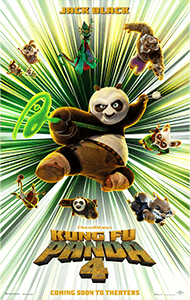
Consider Supporting Deep Focus Review
I hope you’re enjoying the independent film criticism on Deep Focus Review. Whether you’re a regular reader or just occasionally stop by, please consider supporting Deep Focus Review on Patreon or making a donation. Since 2007, my critical analysis and in-depth reviews have been free from outside influence. Becoming a Patron gives you access to exclusive reviews and essays before anyone else, and you’ll also be a member of a vibrant community of movie lovers. Plus, your contributions help me maintain the site, access research materials, and ensure Deep Focus Review keeps going strong.
If you enjoy my work, please consider joining me on Patreon or showing your support in other ways.
Thank you for your readership!
Brian Eggert | Critic, Founder
Deep Focus Review


